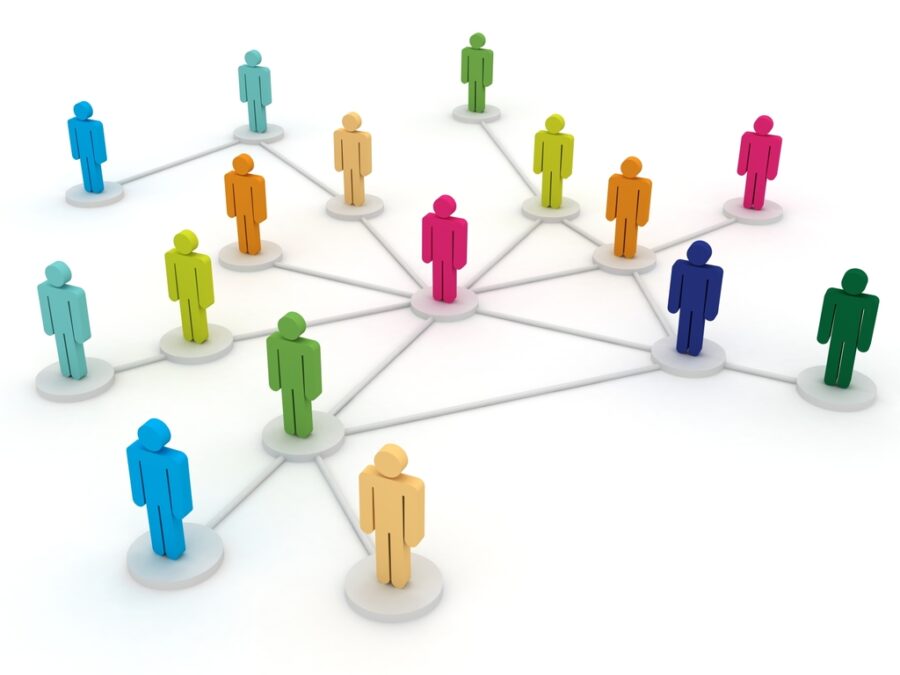 Today I want to write about two trends and how the collision of those trends is changing the world we live in.
Today I want to write about two trends and how the collision of those trends is changing the world we live in.
The first trend is the internet of everything. Right now, we have electronics and sensors tracking the behavior of almost everything. And as a consequence of the increase in the number of “things” that are smart and connected we have an enormous amount of behavioral data available.
The second trend is Social Physics, which is the quantitative study of human society. Up to now, we didn’t have enough behavioral data to advance it. But now, we can put the science in social science.
Why should we care about this? We should care about this because if we can build a model of human behavior, we can design better social systems and improve our lives. If we learn more about ourselves, we can build more successful companies, more efficient teams, more effective government policies, and in sum, a better society.
Through Social Physics research[i] we have learned more about how ideas flow via interactions, and we have seen that the exchange of ideas turns into habit changes and can be a predictor of success. For example, just by looking at the type and frequency of interactions between people we can predict the performance of a team or the GDP of a neighborhood.
There a two fundamental types of interactions. The first one is called an engagement interaction. Those are the interactions within circles of trust, family, friends, close co-workers, etc. Higher frequency of engagement interactions are a predictor of productivity, as it helps coordinating the behavior of a group. The second type of interaction is called an exploration interaction, referring to times when we expose ourselves to people outside of our regular circles. This is generally how we learn new ideas. Having more exploration interactions can be a predictor of the level of innovation of a company or team. So, engagement helps you solve a problem faster, but exploration helps you pick the right problem to solve and react to changes in the environment.
When exposing ourselves to new ideas leads to changing our behavior, that is called social learning. There are several factors that affect how likely we are to change our behavior, and they have to do with the number of people we are exposed to with new ideas, our level of trust with those people, etc.
One potential conclusion is that we must increase our interactions to increase our success. This is true only to a certain extent, as there is a point where too many interactions could become harmful to a group, resulting in financial bubbles, fads and herd behavior. Research also shows that in-person interactions are orders of magnitude more important than online interactions.
How can we use this to our advantage? A good example is a company called Ginger.io, which built an app that tracks calls, texts and other forms of interactions and uses that information to predict when somebody is going to have a mental health problem. With that information, the app can help the person identify the issue before it happens and change their behavior, for example sending them an alert that they are not talking as frequently with their friends. The app can also inform a health care provider who can preventively help.
There are obvious privacy concerns about how this information is treated and how this knowledge could be used to manipulate people. It may be necessary for regulations to be passed to specifically protect this information similar to the especial protections that personal health care data have.
Nowadays we are learning more about how our society works and about ourselves at an unprecedented rate. With that knowledge, we open up opportunities to build more efficient companies, healthier neighborhoods, more just societies and in general a better world. To get there we need to decide what is more important for our society, and what we are willing to change.
[i] “Social Physics: How Good Ideas Spread : the Lessons from a New Science ” By Alex Pentland. Penguin Press (January 30, 2014)
